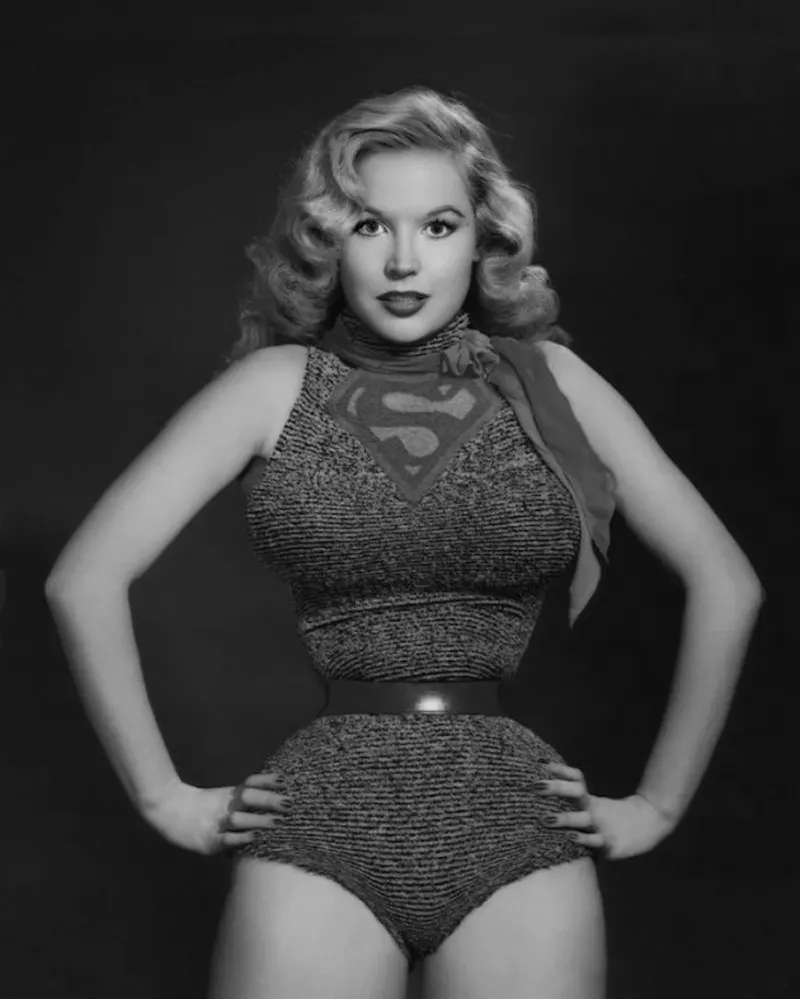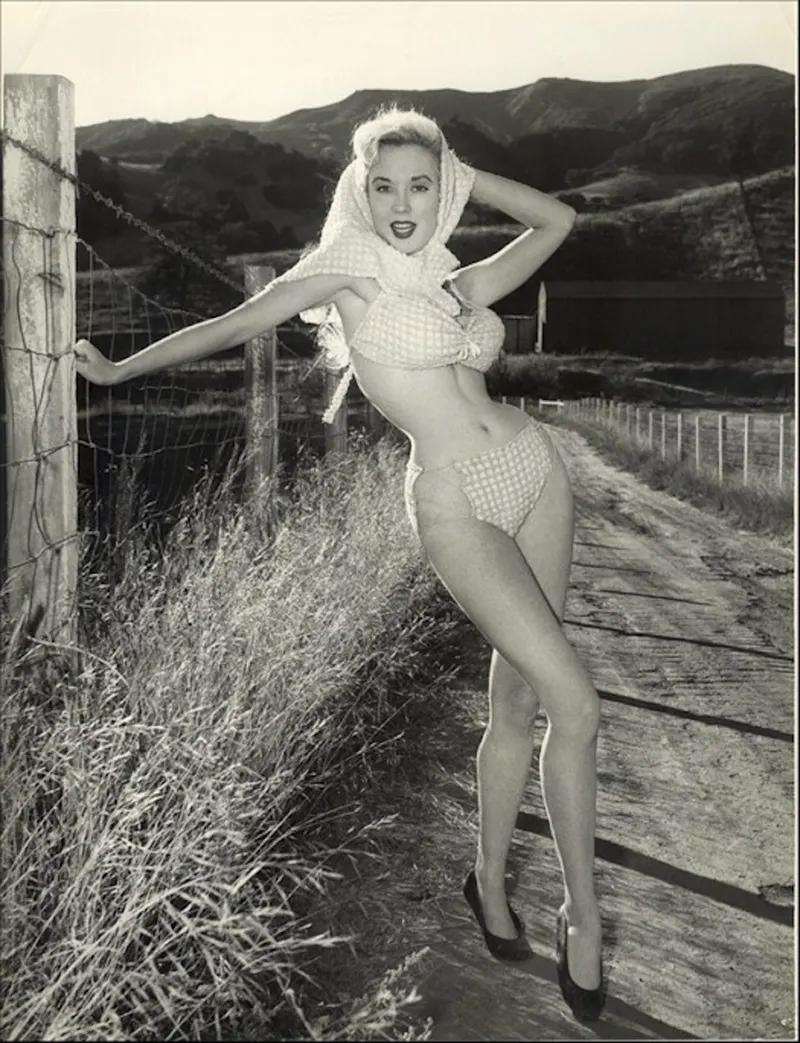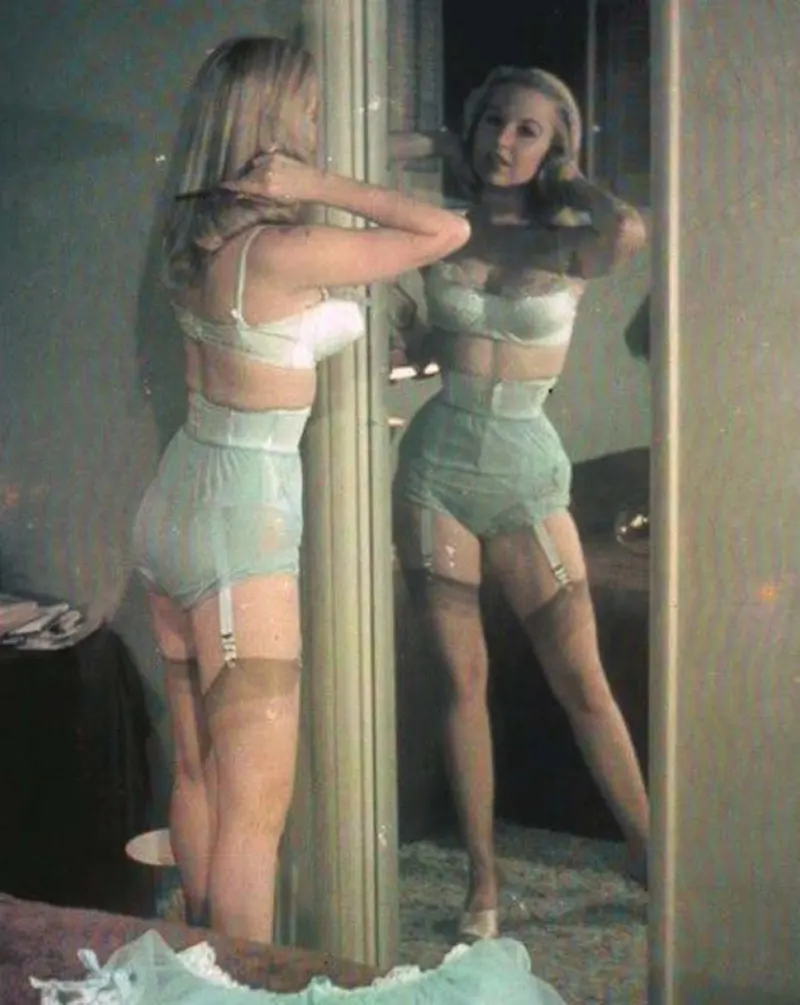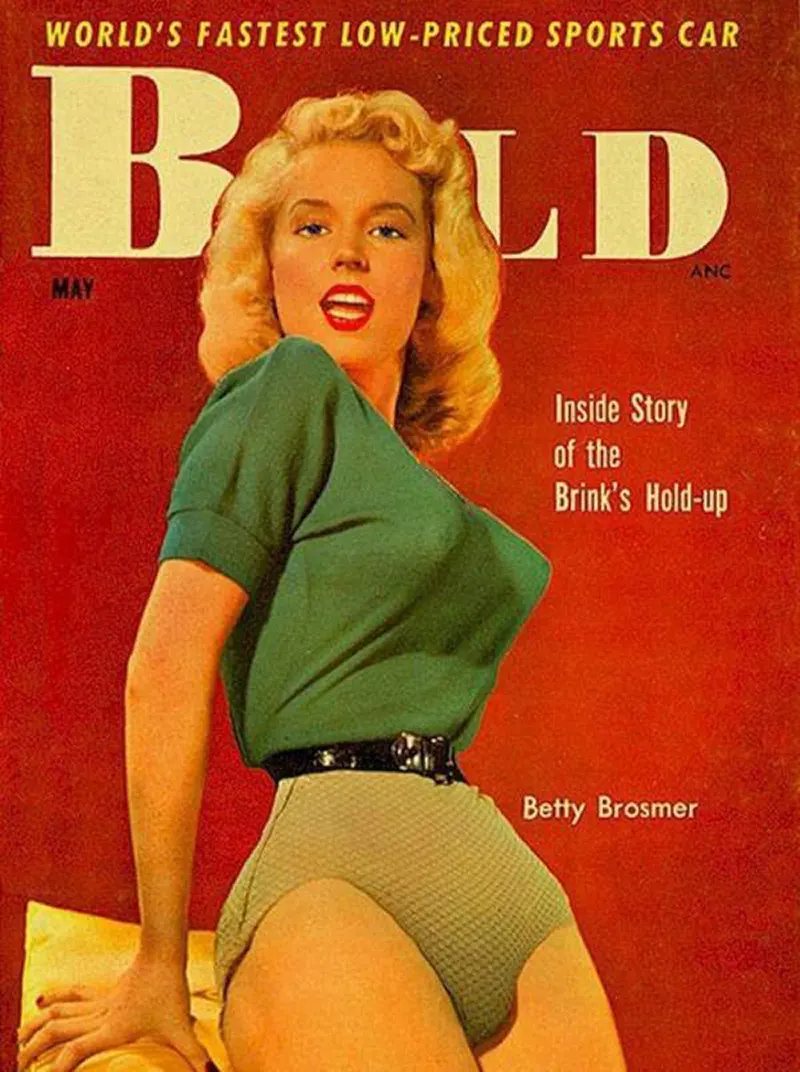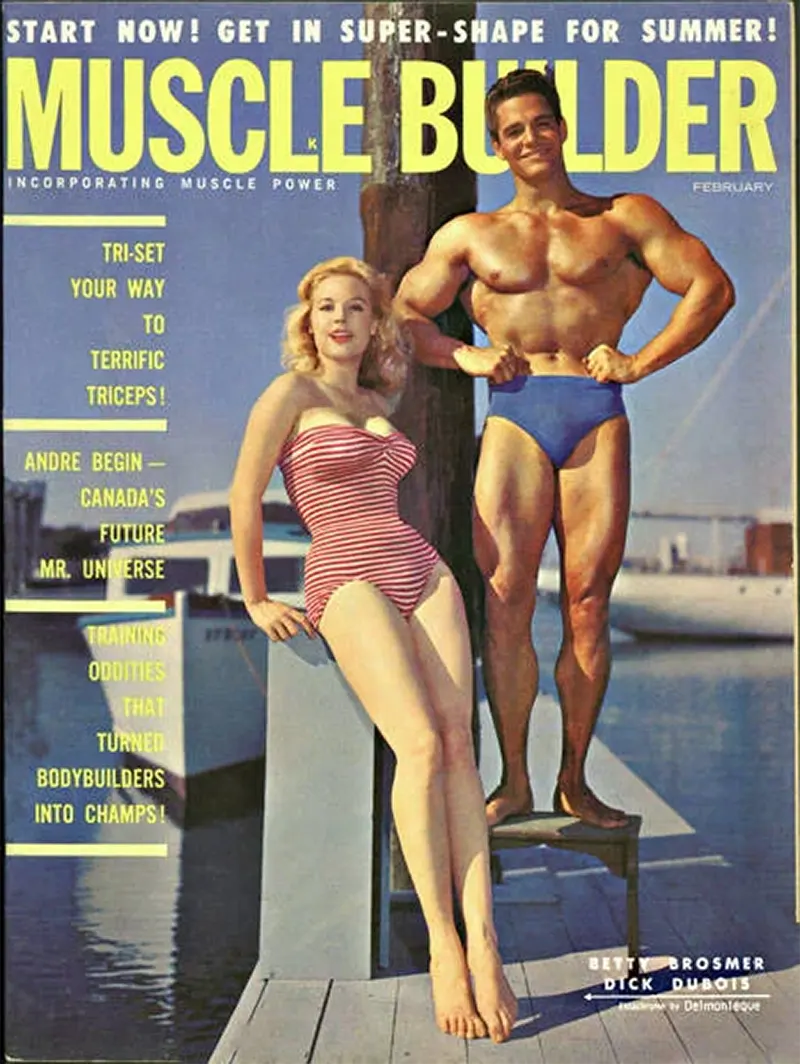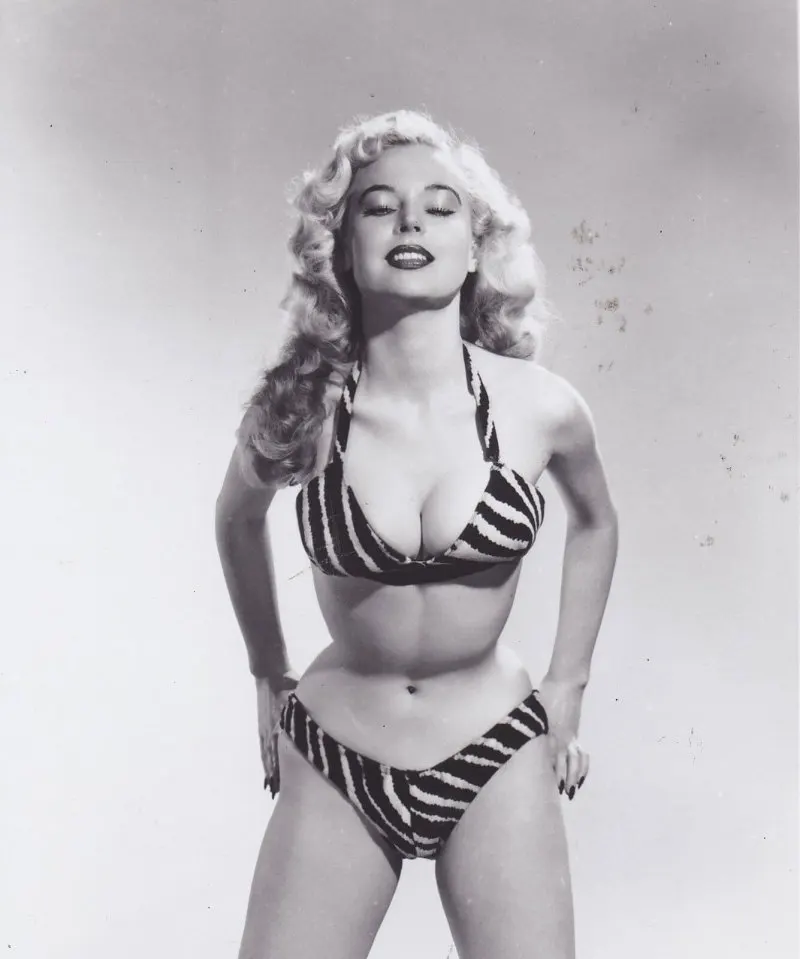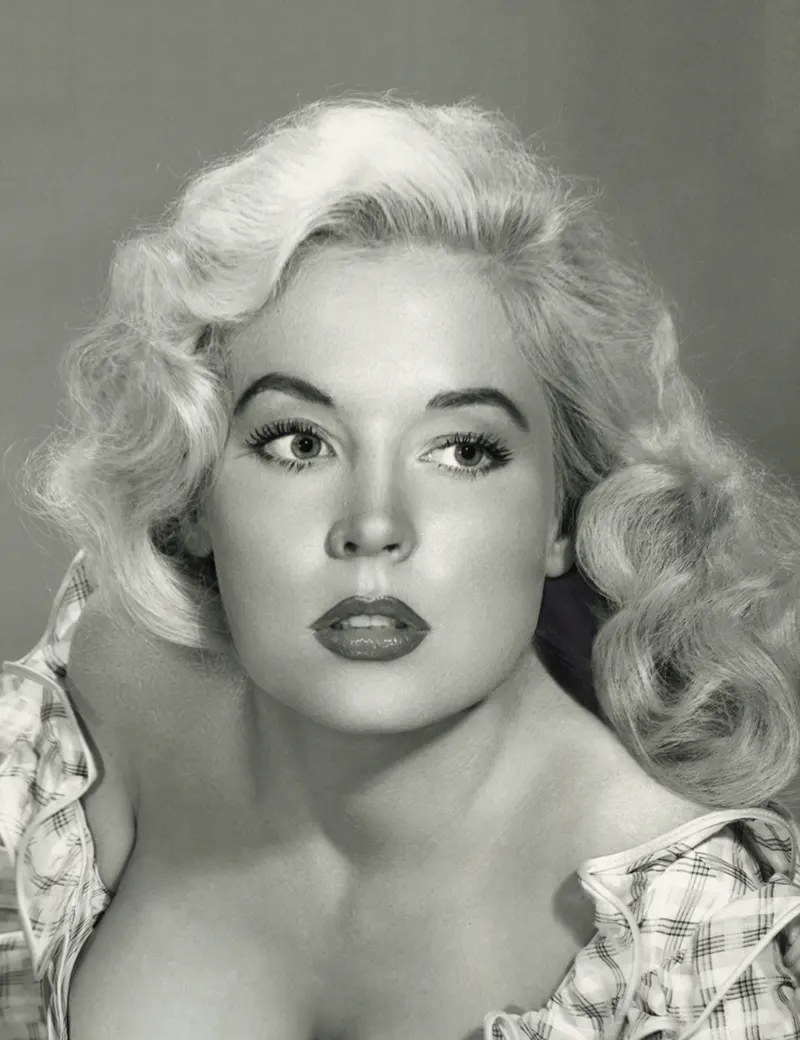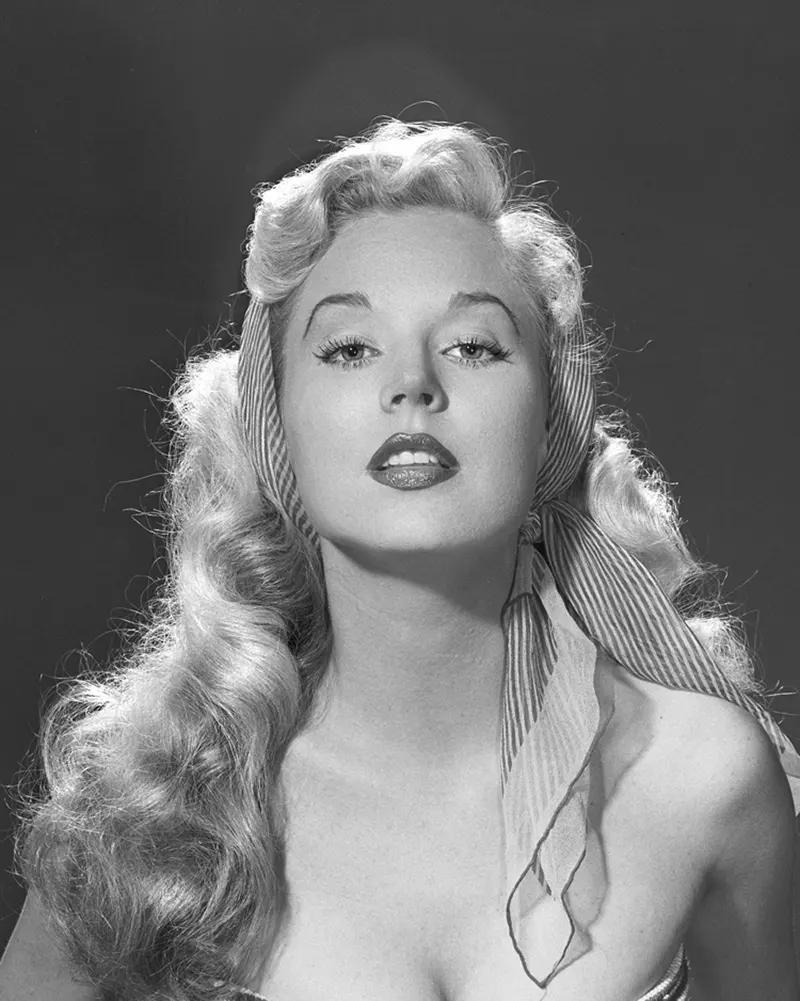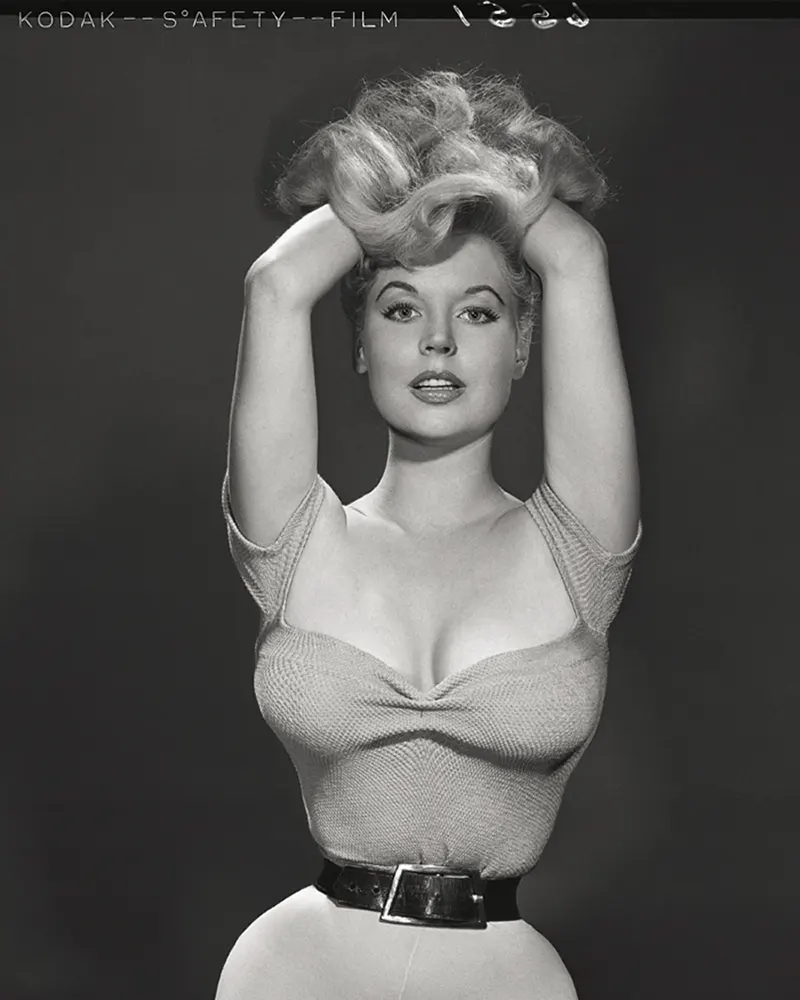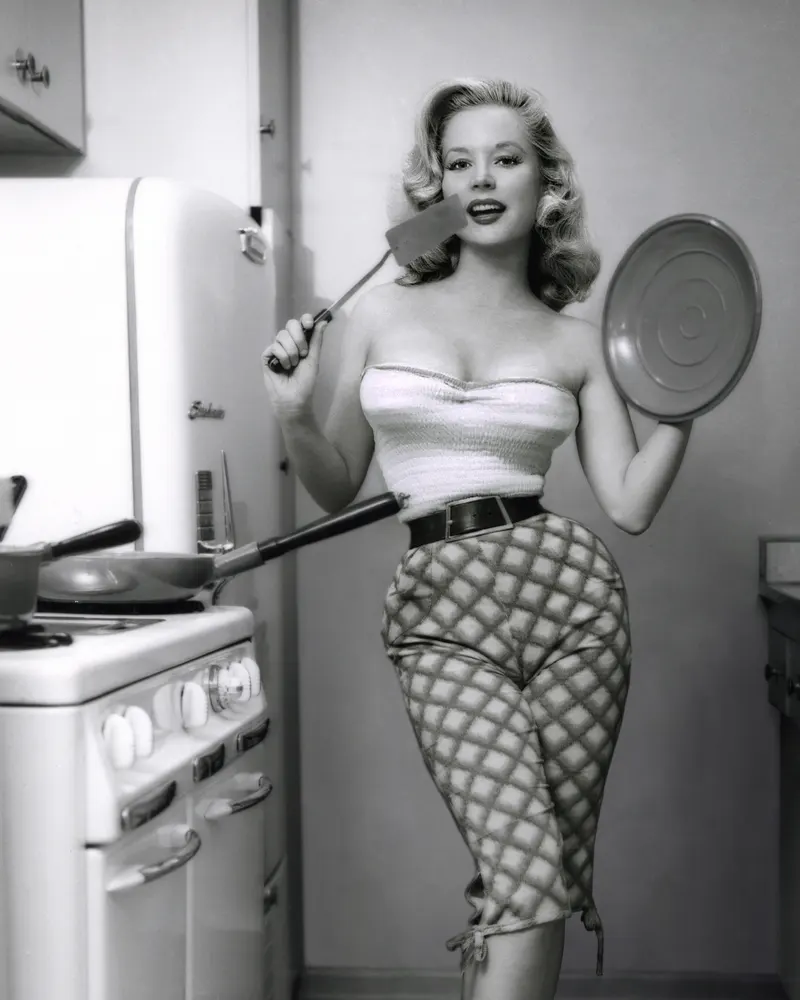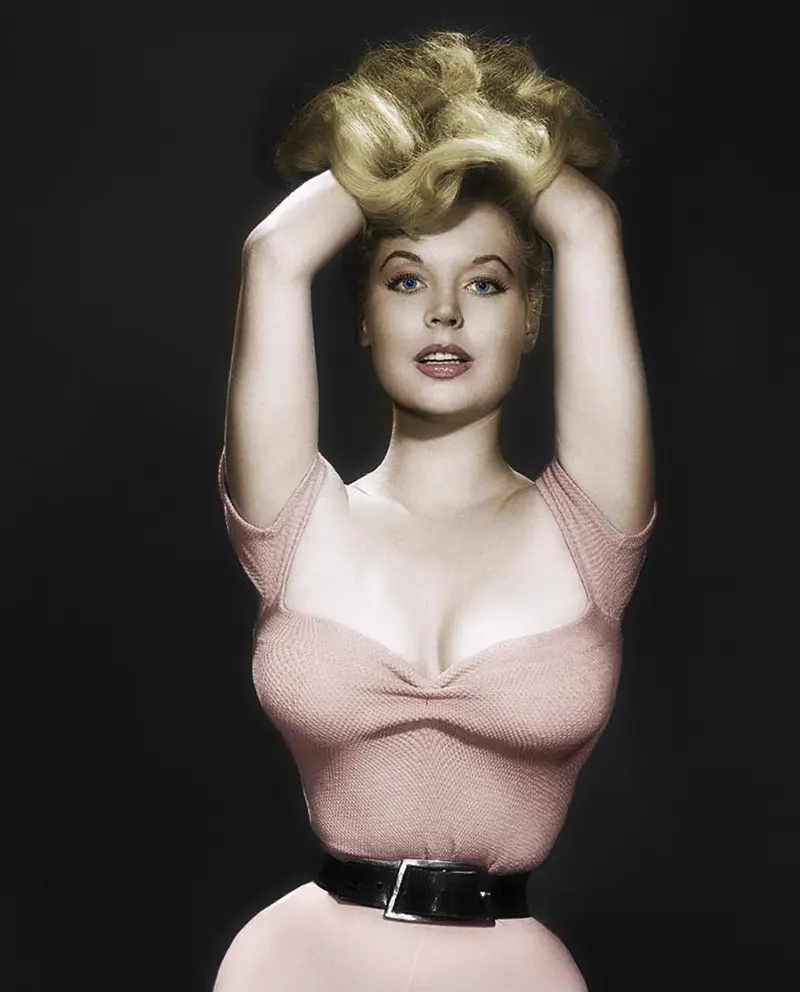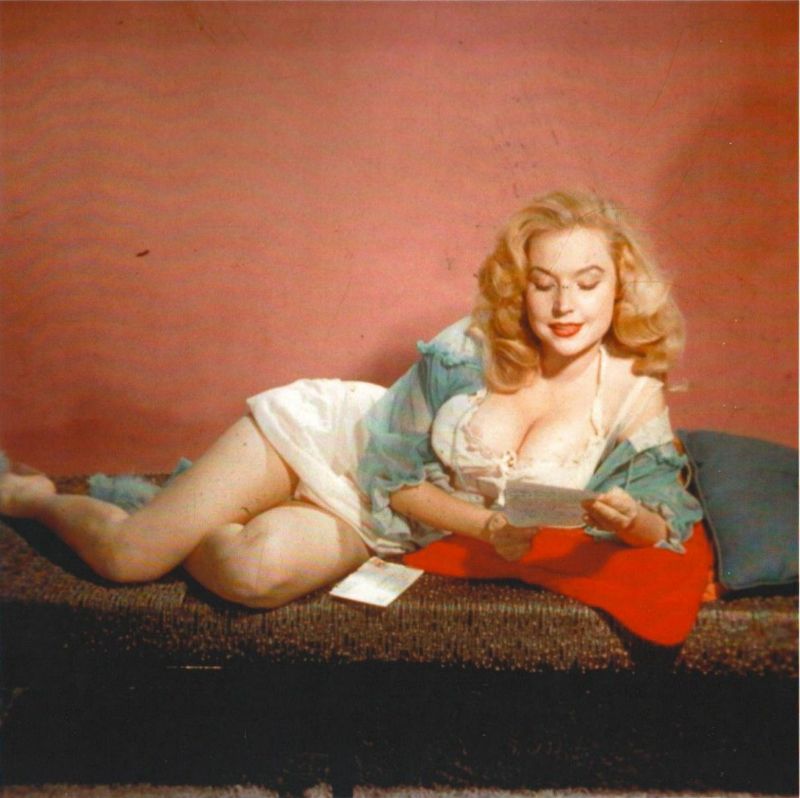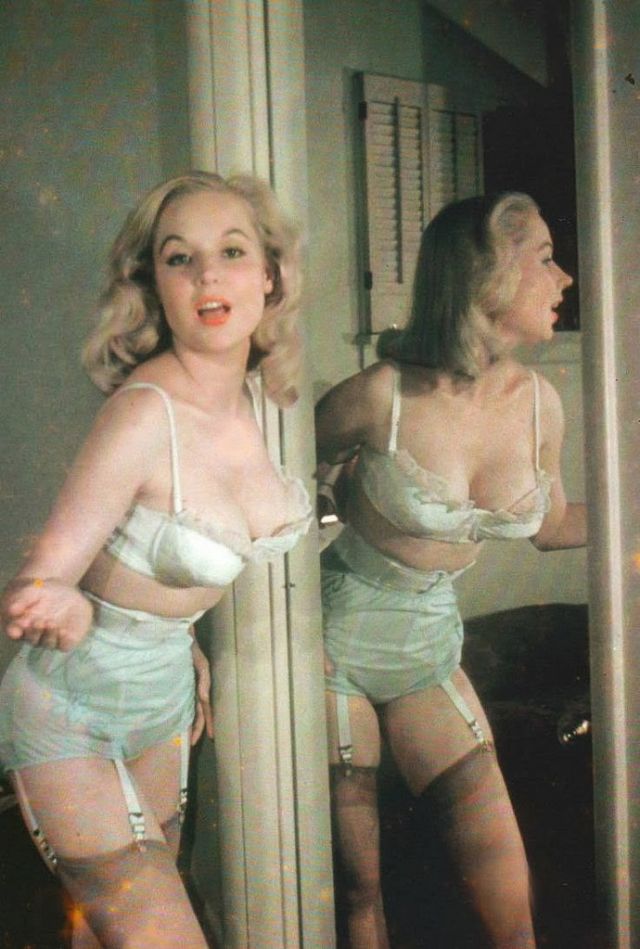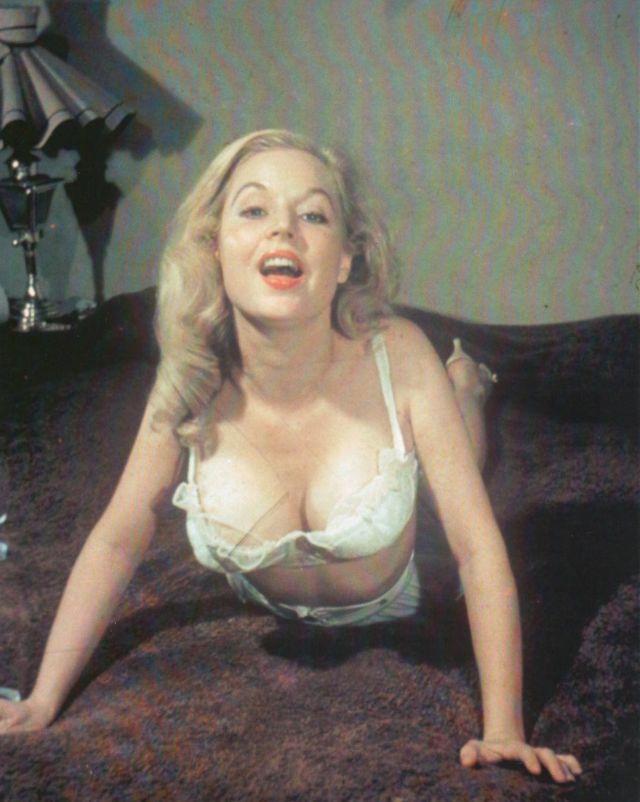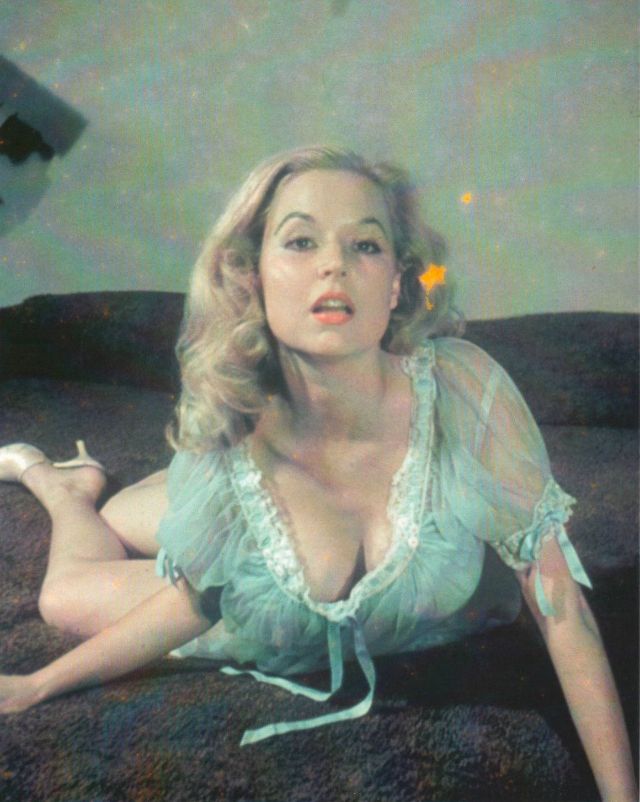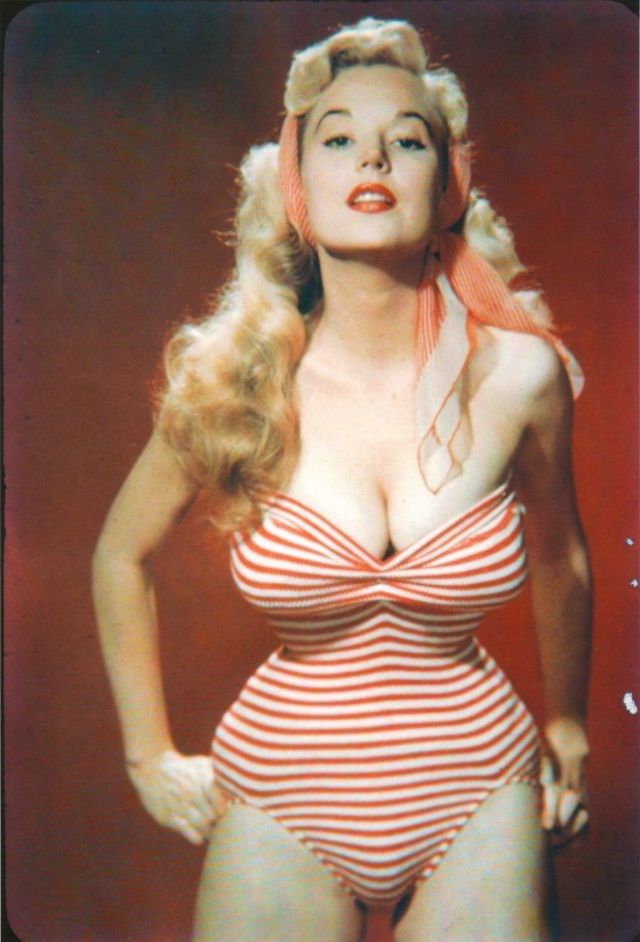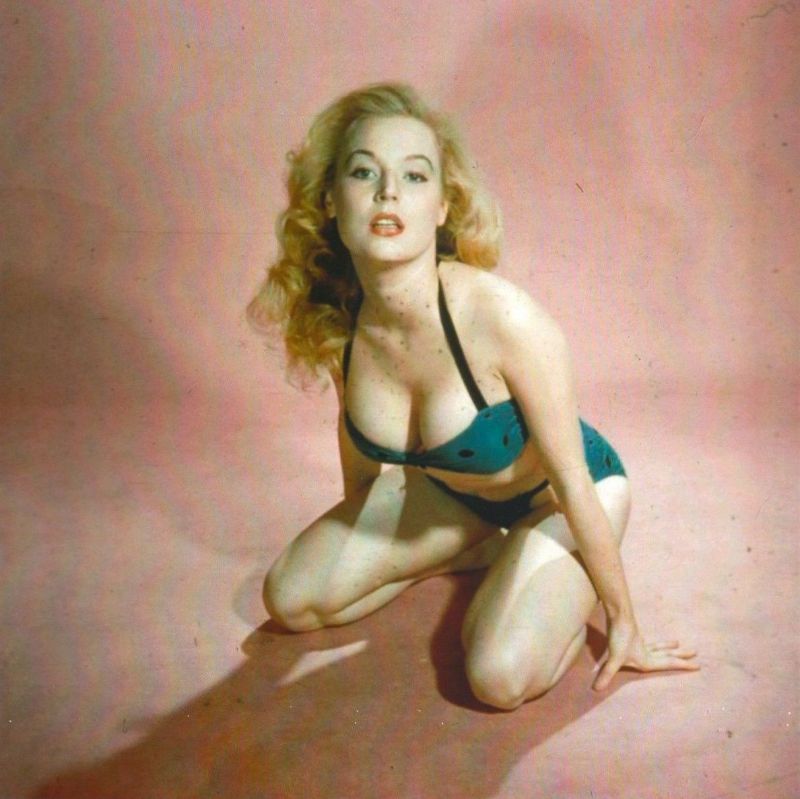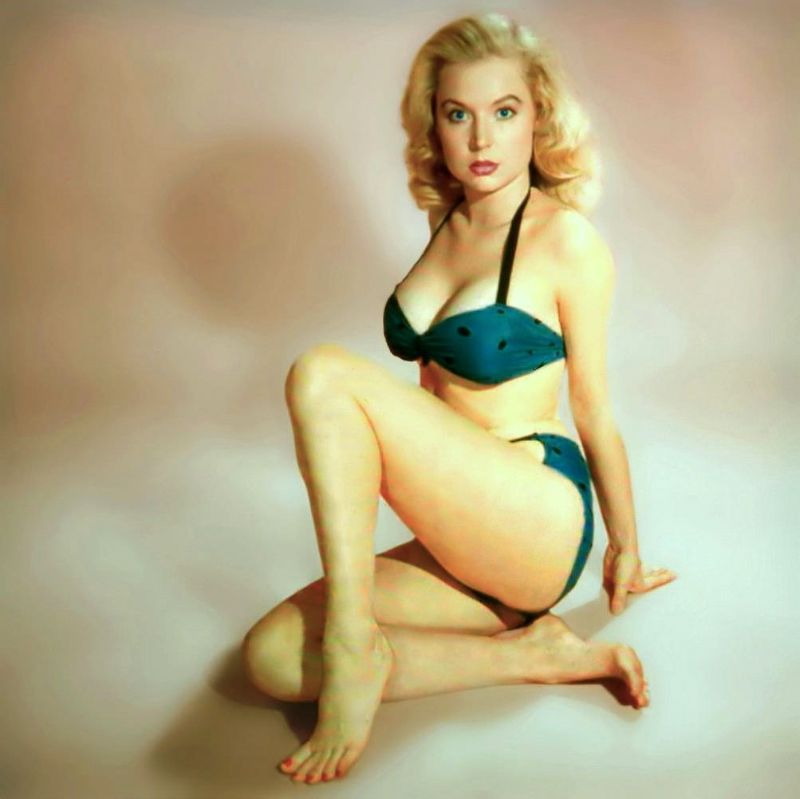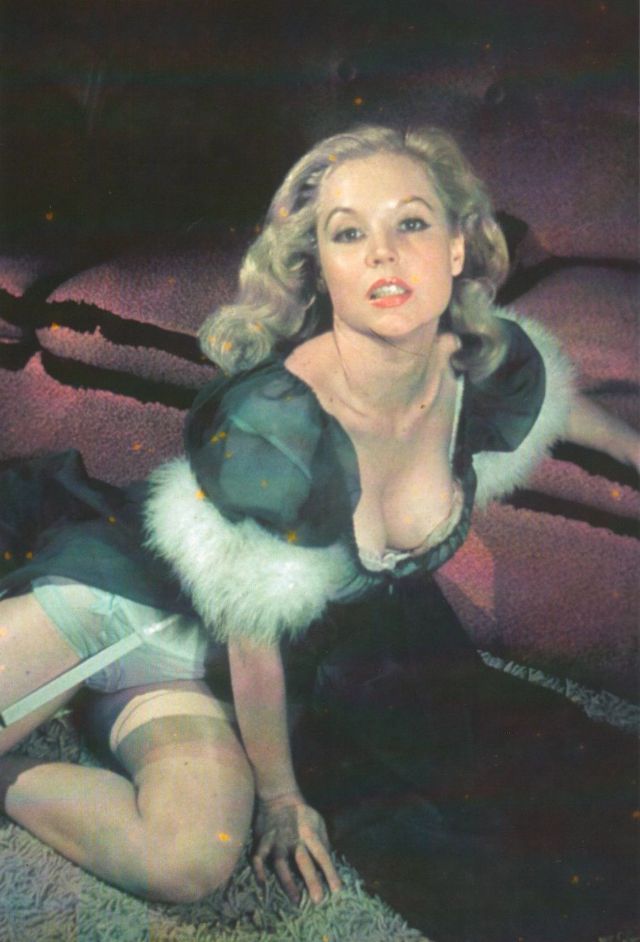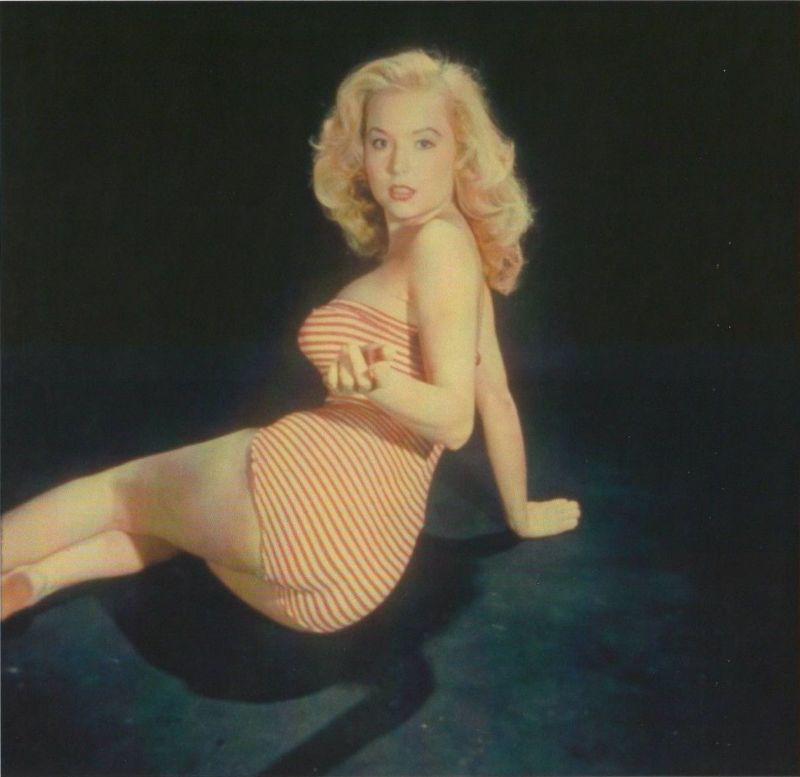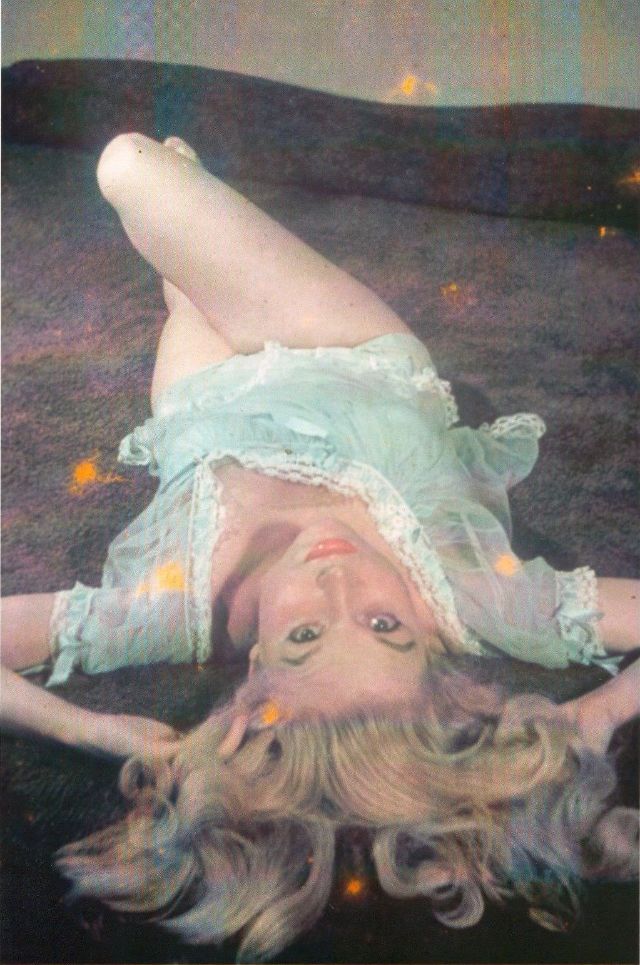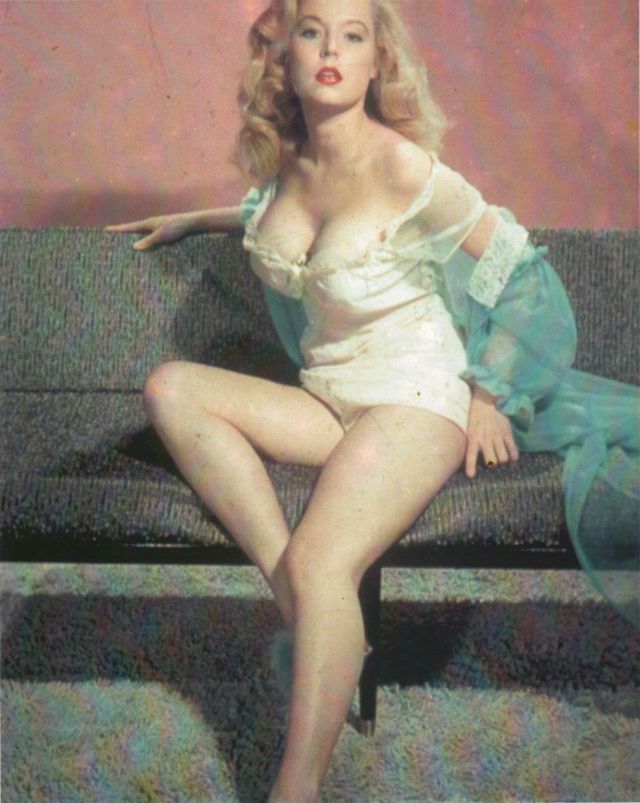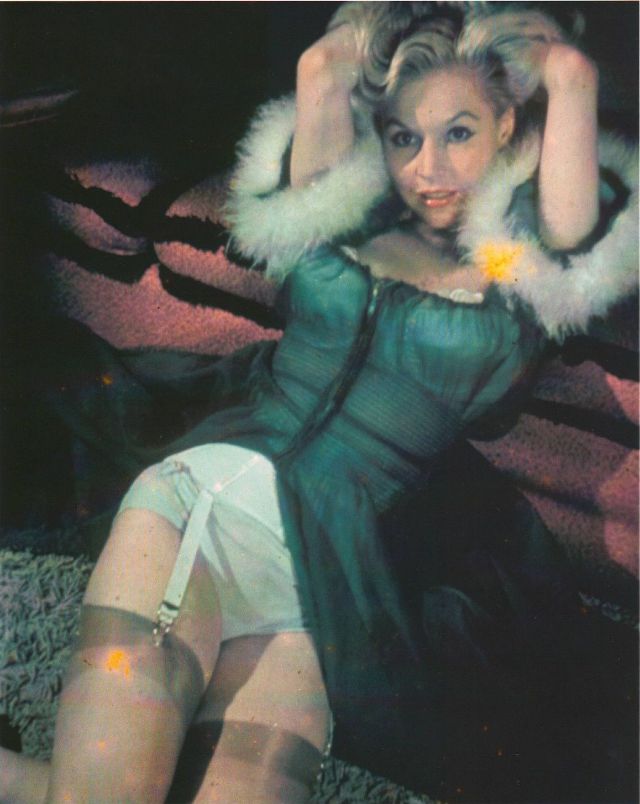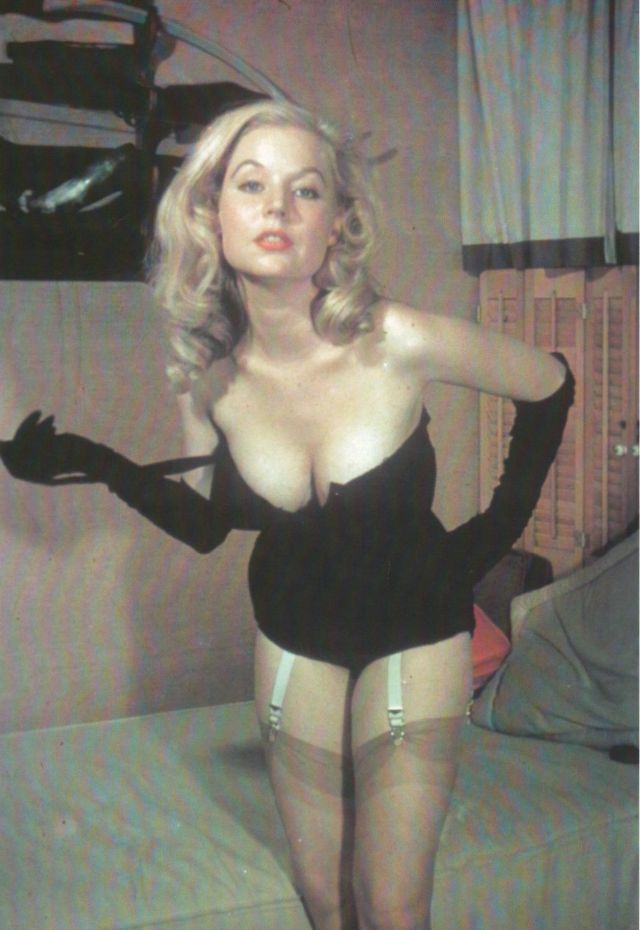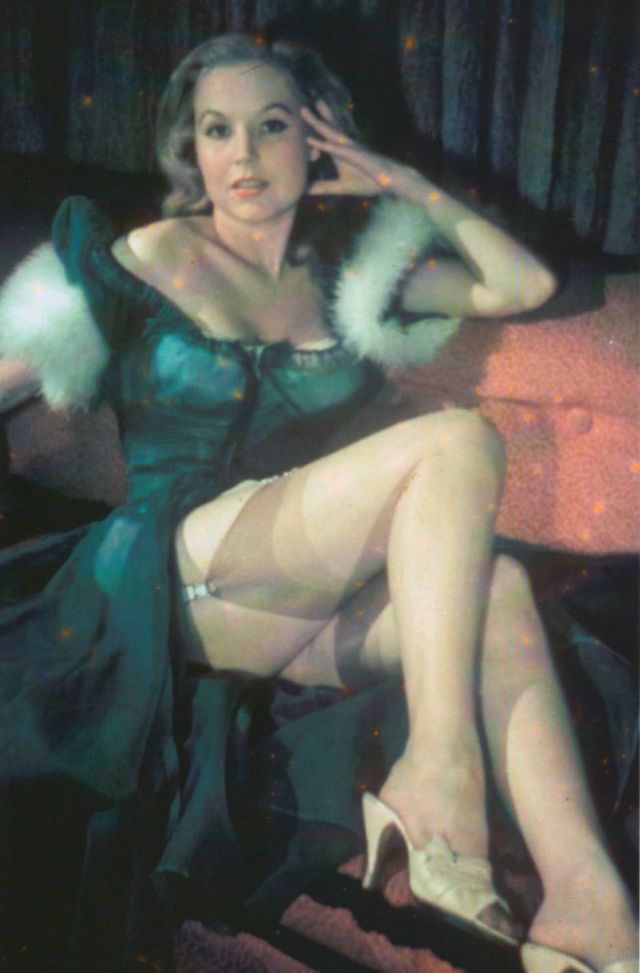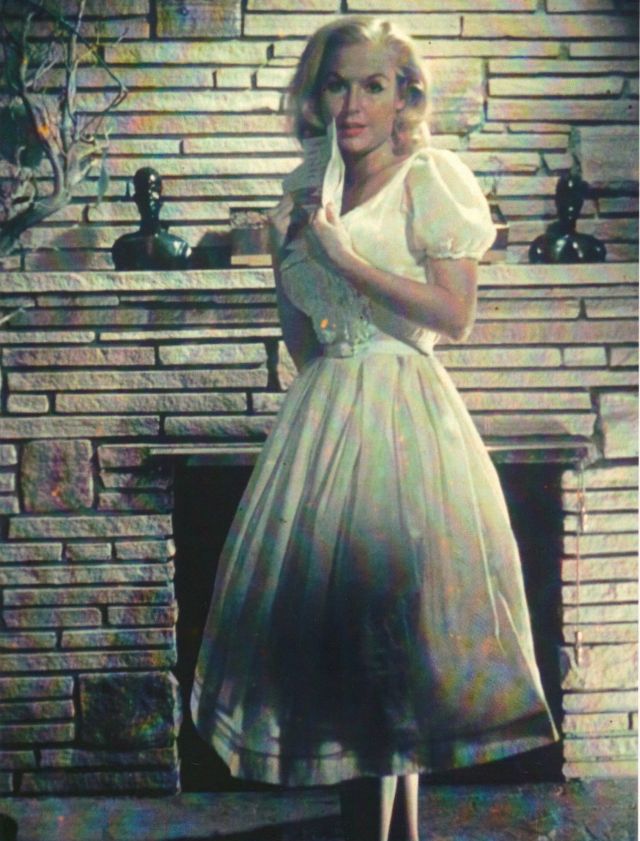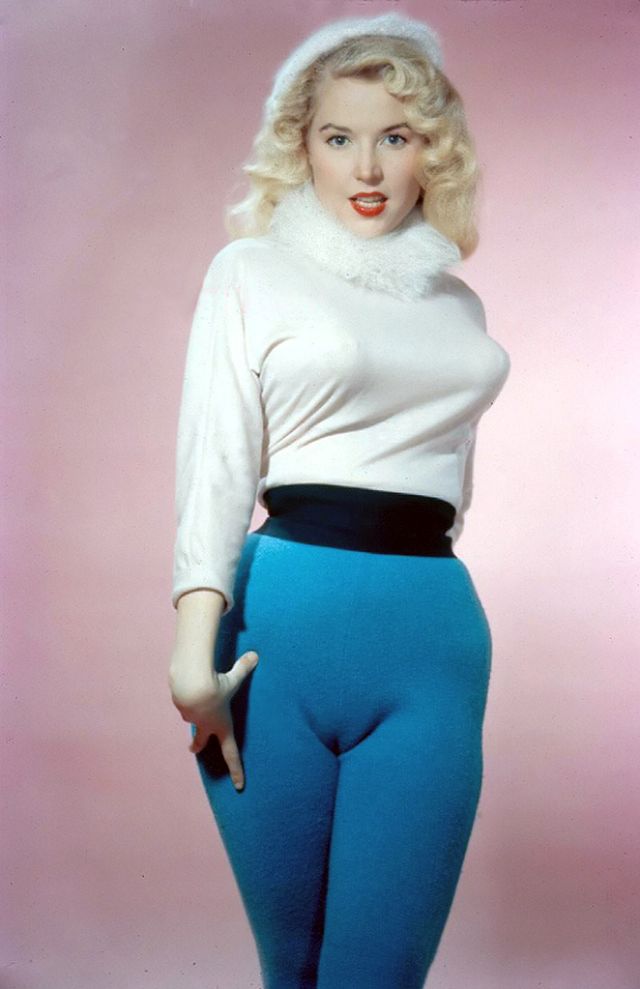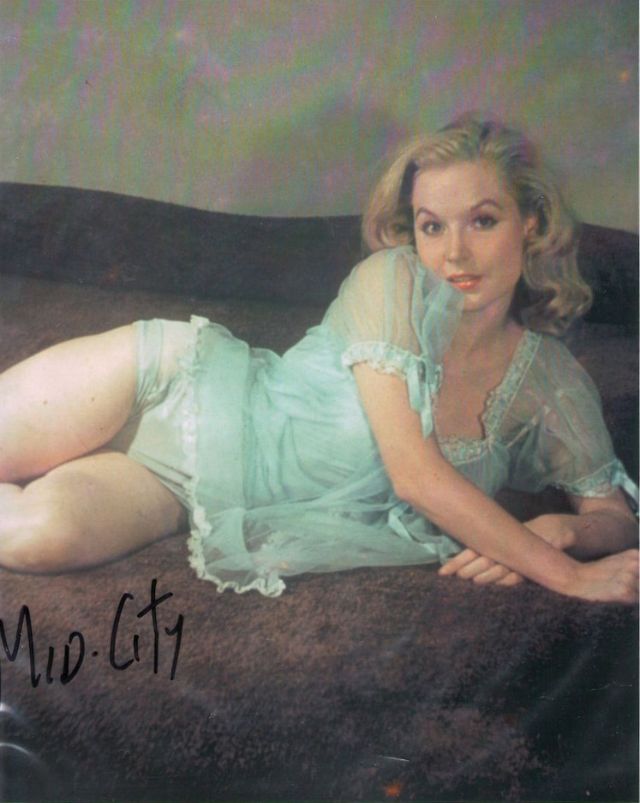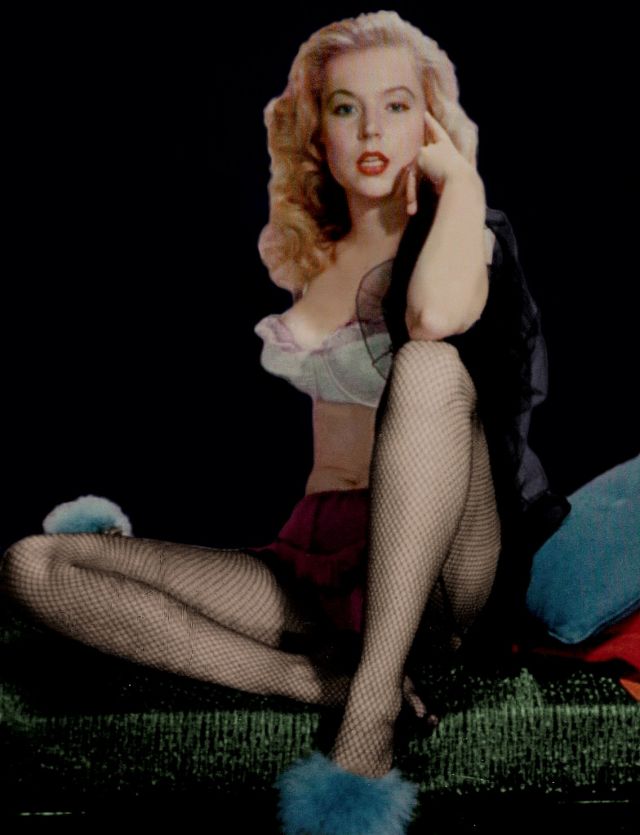Hailed as the highest-earning pin-up star of the 1950s, she earned recognition as one of the earliest supermodels. Her presence graced the pages of countless prestigious magazines like LIFE, Time, Fortune, and Look. Additionally, she made history by becoming the first model to own the rights to many of her photographs and negatives—a groundbreaking achievement in the industry. Note: Prints of these pictures can be purchased via Betty’s official site: bettybrosmer.com. However, amid her exceptional career, one aspect stole the spotlight: her unbelievably tiny waist which earned her the moniker, “The Girl with the Impossible Waist.” Her waist defied the standards of plausibility, measuring in at a size that seemed more like an artist’s creation than a biological reality. With measurements that challenged the very concept of proportion, her impossibly tiny waist became a focal point of fascination and speculation. Betty Chloe Brosmer, born in Pasadena, California on August 2, 1935, was a bit of a tomboy when she was young. Her dad encouraged her to play sports, and she got interested in bodybuilding even before she was a teenager. When she was 13, Betty started modeling for Sears & Roebuck and got noticed by famous photographers like Alberto Vargas and Earl Moran. At just 15, she headed to New York to be a full-time model. Life in New York brought big success but made her grow up fast. “At 15, I looked like I was 25,” Betty remembers about those early days. Soon, her face was everywhere in America – on milk cartons, billboards, books, and tons of magazines. After a few years, she left New York and went back home to California. She juggled studying psychology at UCLA with modeling jobs. With Joyce Vedral, she designed an all-ages workout regimen for women, published in 1993 as Better and Better. Betty worked with a famous photographer named Keith Bernard, known for capturing icons like Marilyn Monroe and Jayne Mansfield. Playboy even asked her to pose, but she refused to go nude. Right from the start, Betty knew her worth. She owned all her photos and got paid whenever they were used. In the late 1950s, Betty met Joe Weider, a bodybuilder and magazine publisher. Smitten by Betty, Weider featured her a lot in his magazines and ended up marrying her in 1961. That’s when Betty got passionate about fitness. She wrote columns about bodybuilding and health, pushing for healthy looks for cover models. With her husband, she authored two book-length fitness guides, The Weider Book of Bodybuilding for Women (1981) and The Weider Body Book (1984).
(Photo credit BettyBrosmer.com and BettyWeider.com / Flickr via sila rcamsila / Pinterest / Wikimedia Commons). Notify me of new posts by email.
Δ Subscribe

